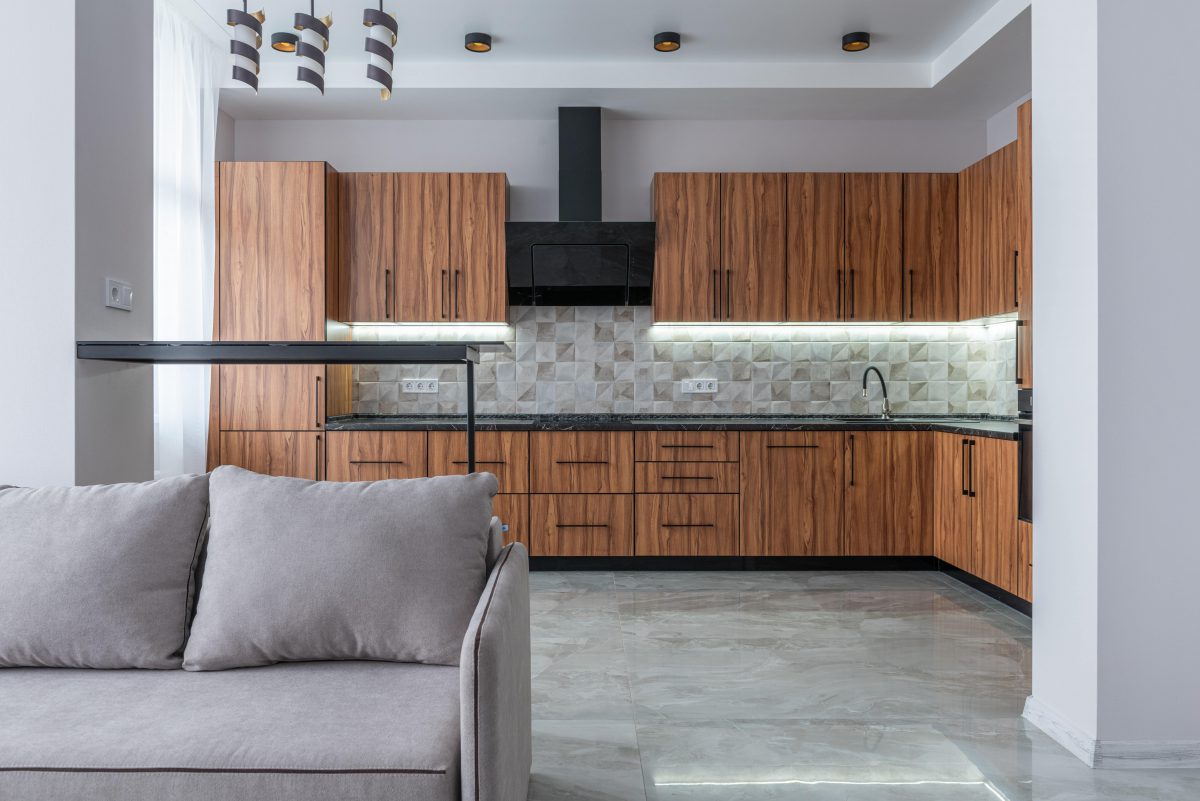It is within a landlord’s legal rights to inspect their property routinely during occupancy. As long as the current tenants are notified in advance, this usually isn’t a problem. A home inspection is usually carried out on a bi-annual basis and also when a tenant moves out. We have put together some things to look out for when carrying out a home inspection.
Why are home inspections necessary?
Performing a home inspection is vital for landlords. Not only to protect your investment property but to see the condition it’s in when the tenant is living there. When a landlord conducts an inspection, here are some things they are looking out for:
- Mold or mildew
- Damaged flooring
- Lack of lawn upkeep
- Issues with toilets, sinks, or the water line
- Holes in doors or walls
- Broken windows
- Evidence of pest infestation
- Exterior condition (e.g. the roof, gutters, foundation, etc.)
It’s much more cost-effective to catch problems in the property early on by carrying out routine home inspections throughout the year. This efficiency will also keep the tenants living in the property happy and safe during the course of their tenancy.
How often should landlords carry out home inspections?
This varies according to state, however, most landlords tend to carry out inspections prior to tenants moving in and when a tenant moves out. It’s important to consider normal wear and tear, as not all damage is done purposefully.
It is also a good idea to carry out a routine home inspection in the middle of the tenancy, just to check that the tenants are abiding by their agreement.
How much notice do landlords need to give?
The more notice the better generally so that tenants can adequately prepare for the inspection. By law, landlords will always need permission before entering the premises once occupied. Landlords must also provide proper notice of at least 24 hours beforehand.
Can you inspect a home ‘too often’?
Yes, state laws usually constitute what’s considered an excessive number of inspections per lease period. Within tenants rights’, tenants have the right to ‘quiet enjoyment, which means that landlords should avoid bothering tenants for more than a few inspections a year.
Read our previous blog post here: How to Manage a Security Deposit

